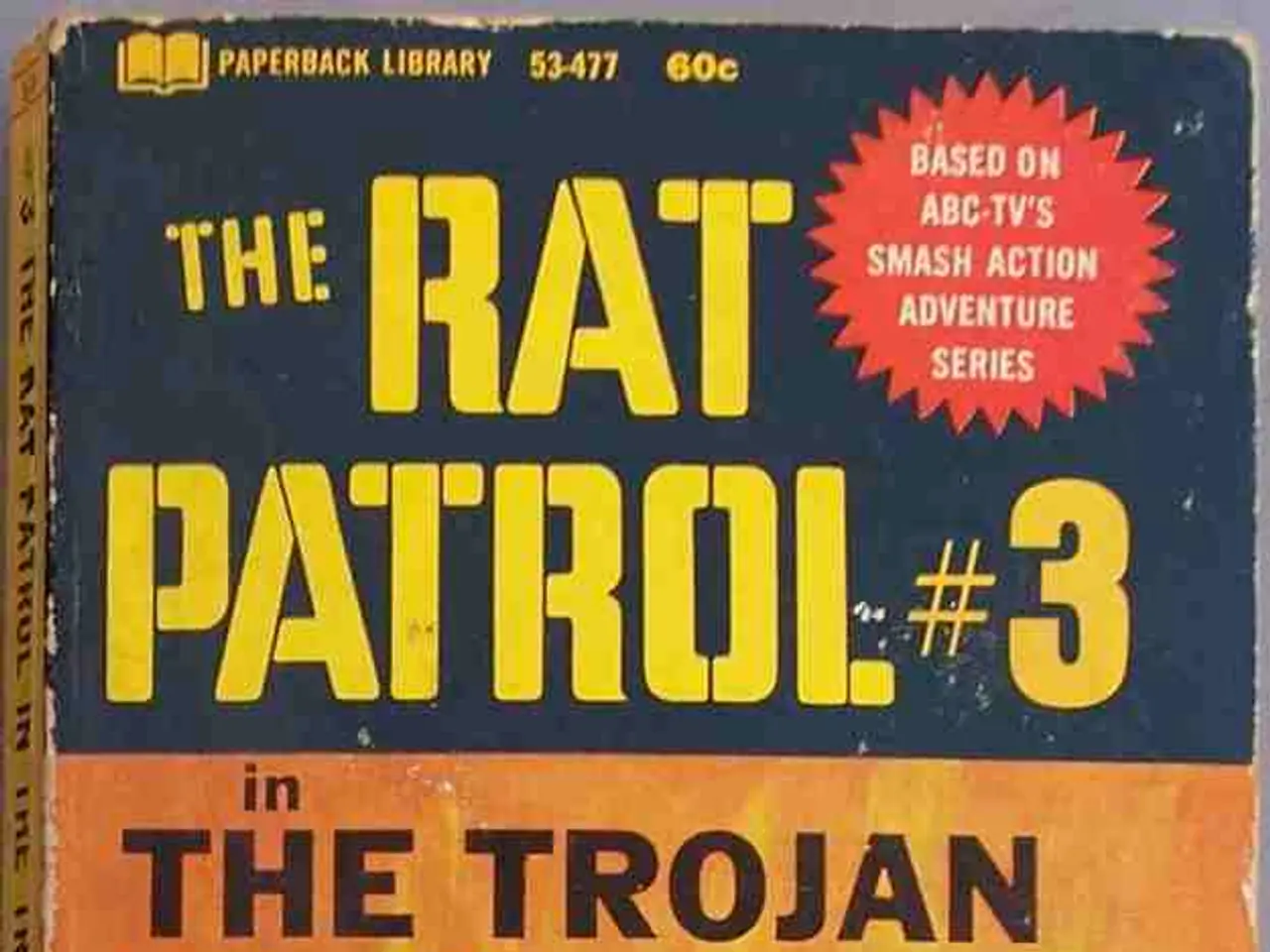Nagasaki pays tribute to the casualties of the atomic explosion
Nagasaki, a city synonymous with both the horrors of war and peace, recently marked the 80th anniversary of the atomic bombing that devastated its streets. The commemoration served as a poignant reminder of the devastating consequences of nuclear weapons and a call for global nuclear disarmament.
On August 9, 1945, the Japanese city was struck by the "Fat Man" atomic bomb, resulting in the immediate death of approximately 70,000 people. Another 75,000 were injured. The tragedy left an indelible mark on the city and the world, making Nagasaki a symbol of the horrors of war.
Three days earlier, Hiroshima had been devastated by an atomic bomb of lesser yield.
During the commemoration, participants observed a minute of silence, honouring the victims of the bombing. Nagasaki's Mayor, Shiro Suzuki, made a peace declaration, warning of the growing danger of nuclear war. He called on the world to learn from history to ensure that Nagasaki remains the last city to suffer an atomic inferno.
The Mayor also urged the Japanese government to join the 2017 UN Treaty on the Prohibition of Nuclear Weapons (TPNW). This treaty, aimed at achieving a nuclear-weapon-free world, has been signed by 94 countries, with 73 having ratified it and 4 more having formally acceded. However, none of the nine nuclear-armed states have signed or ratified the TPNW, limiting its ability to directly influence the current nuclear powers.
The older Nuclear Non-Proliferation Treaty (NPT), which focuses on preventing the spread of nuclear weapons and promotes disarmament by nuclear states, has 191 state parties, including five recognized nuclear powers. However, the NPT faces challenges in achieving comprehensive disarmament.
Global efforts are intensifying, with the UN General Assembly establishing a 21-member independent scientific panel tasked with a comprehensive study on nuclear war's physical and societal impacts. This initiative reflects urgent concerns due to escalated nuclear threats, modernizations, and geopolitical tensions.
Grassroots and municipal movements have gained momentum, with over 1,000 cities worldwide joining appeals urging their national governments to support the TPNW and prioritize disarmament for global safety.
Last year, the Japanese organization Nihon Hidankyo, consisting of survivors of the atomic bombings of Hiroshima and Nagasaki, was awarded the Nobel Peace Prize for its efforts towards a nuclear-weapon-free world. The award demonstrates the power of civil society in pushing for global change.
Suzuki emphasised the existential crisis for humanity due to nuclear weapons, calling for overcoming the current cycle of confrontation and fragmentation in the world. He urged the world to learn from Nagasaki's tragic history and work towards a nuclear-weapon-free future.
In light of the 80th anniversary of the atomic bombing in Nagasaki, political discussions surrounding war-and-conflicts, general-news, and nuclear disarmament have gained significant attention. Nagasaki's Mayor, Shiro Suzuki, during the commemoration, appealed to the global community, urging nations to join the 2017 UN Treaty on the Prohibition of Nuclear Weapons (TPNW) for a nuclear-weapon-free world.




